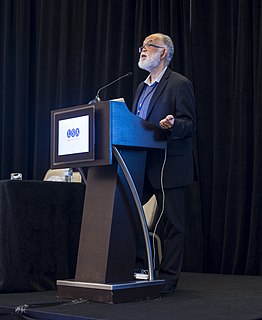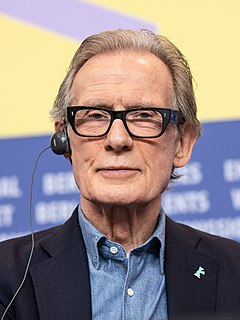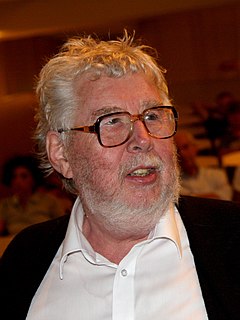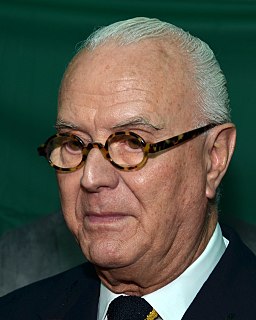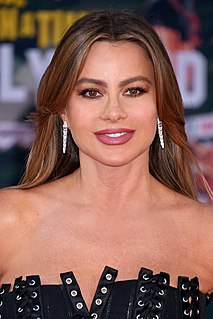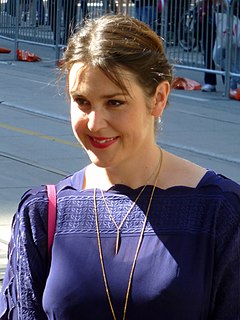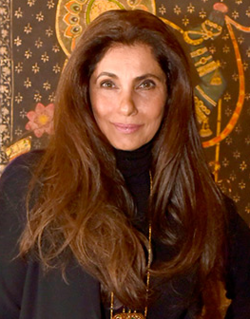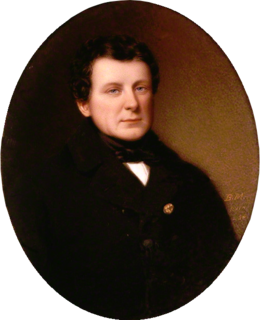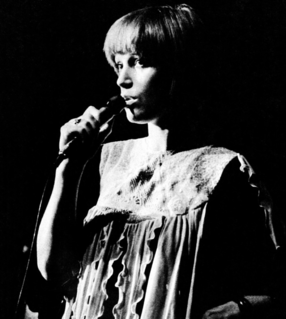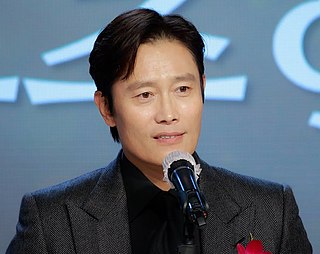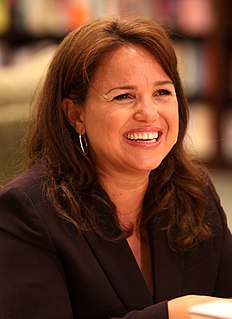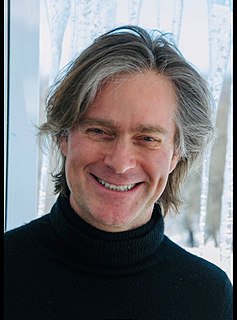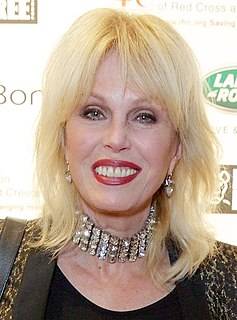Top 1200 Modern English Quotes & Sayings - Page 2
Explore popular Modern English quotes.
Last updated on December 4, 2024.
At every point I wished that I was born English. They need to make it colder in here. You could hang meat in this room. But, yeah...I grew up in a very English household. My folks were from Liverpool. I've said this before, but there is nothing more English than an Englishman that no longer lives in England.
A lot of times, people think of Asian culture as some mythical world instead of modern people with modern occupations with modern problems, modern tools. Like, we're not all just talking Taoism and kung fu - some people are just trying to get over their breakup with their boyfriend, and they're Facebook-stalking.
On the one hand, there is no question that English - frequently bad English - has become the universal language of scholarship. It is clearly a tremendous handicap for people outside of the United States, Britain, and Australia and a few other countries because few of them are native speakers, but we demand that they present and publish in English.
I have a funny story to tell about English and how I came to fall in love with the language. I was desperate to fit in and spoke English all the time. Trouble was, in my household it was a no-no to speak English because somehow it is disrespectful to call parents and grandparents "you" - impersonal pronouns are offensive in Vietnamese.
English is the largest of human tongues, with several times the vocabulary of the second largest language -- this alone made it inevitable that English would eventually become, as it did, the lingua franca of this planet, for it is thereby the richest and most flexible -- despite its barbaric accretions . . . or, I should say, because of its barbaric accretions. English swallows up anything that comes its way, makes English out of it.
Malcolm Bradbury made the point, and I don't know whether it's a valid one or not, that the real English at the moment is not the English spoken in England or in America or even in Canada or Australia or New Zealand. The real English is the English which is a second language, so that it's rather like Latin in the days of the Roman Empire when people had their own languages, but had Latin in order to communicate.
Well, English is no problem for me because I am actually English. My whole family are English; I was brought up listening to various forms of the English accent. Obviously there are more specific ones that get a little bit tricky. Same with American stuff. But because in Australia we're so inundated with American culture, television, this that and the other, everyone in Australia can do an American accent. It's just second nature.
Some stories I write in Swedish, some in English. Short stories I've almost exclusively written in English lately, mostly because there's such a small market for them in Sweden and it doesn't really pay either. So, the translation goes both ways. What also factors in is that I have a different voice in English, which means that a straight translation wouldn't be the same as if I'd written it in English originally.
He would not mind hearing Petrus's story one day. But preferably not reduced to English. More and more he is convinced that English is an unfit medium for the truth of South Africa. Stretches of English code whole sentences long have thickened, lost their articulations, their articulateness, their articulatedness. Like a dinosaur expiring and settling in the mud, the language has stiffened. Pressed into the mold of English, Petrus's story would come out arthritic, bygone"(117).
I have a funny relationship to language. When I came to California when I was three I spoke Urdu fluently and I didn't speak a word of English. Within a few months I lost all my Urdu and spoke only English and then I learned Urdu all over again when I was nine. Urdu is my first language but it's not as good as my English and it's sort of become my third language. English is my best language but was the second language I learned.
English has always been my musical language. When I started writing songs when I was 13 or 14, I started writing in English because it's the language in between. I speak Finnish, I speak French, so I'll write songs in English because that's the music I listen to. I learned so much poetry and the poetic way of expressing myself is in English.
I don't find English restrictive, but it brings a level of discipline to my writing that I wouldn't have in Bulgarian. My control of English, however you define it, my ability to work in English, is more limited than in Bulgarian. That means out of necessity I have to develop a style that goes for clarity of expression which I may not have done otherwise.
The complaint about modern steel furniture, modern glass houses, modern red bars and modern streamlined trains and cars is that all these objets modernize, while adequate and amusing in themselves, tend to make the people who use them look dated. It is an honest criticism. The human race has done nothing much about changing its own appearance to conform to the form and texture of its appurtenances.
If you do not learn English in this country, you cannot get anywhere. We are in America. We are not in Mexico, we are not in China, we are not in Saudi Arabia - we speak English in this country! And what bilingual education does, is keep them from learning English, so they are doomed to be second-class citizens.










